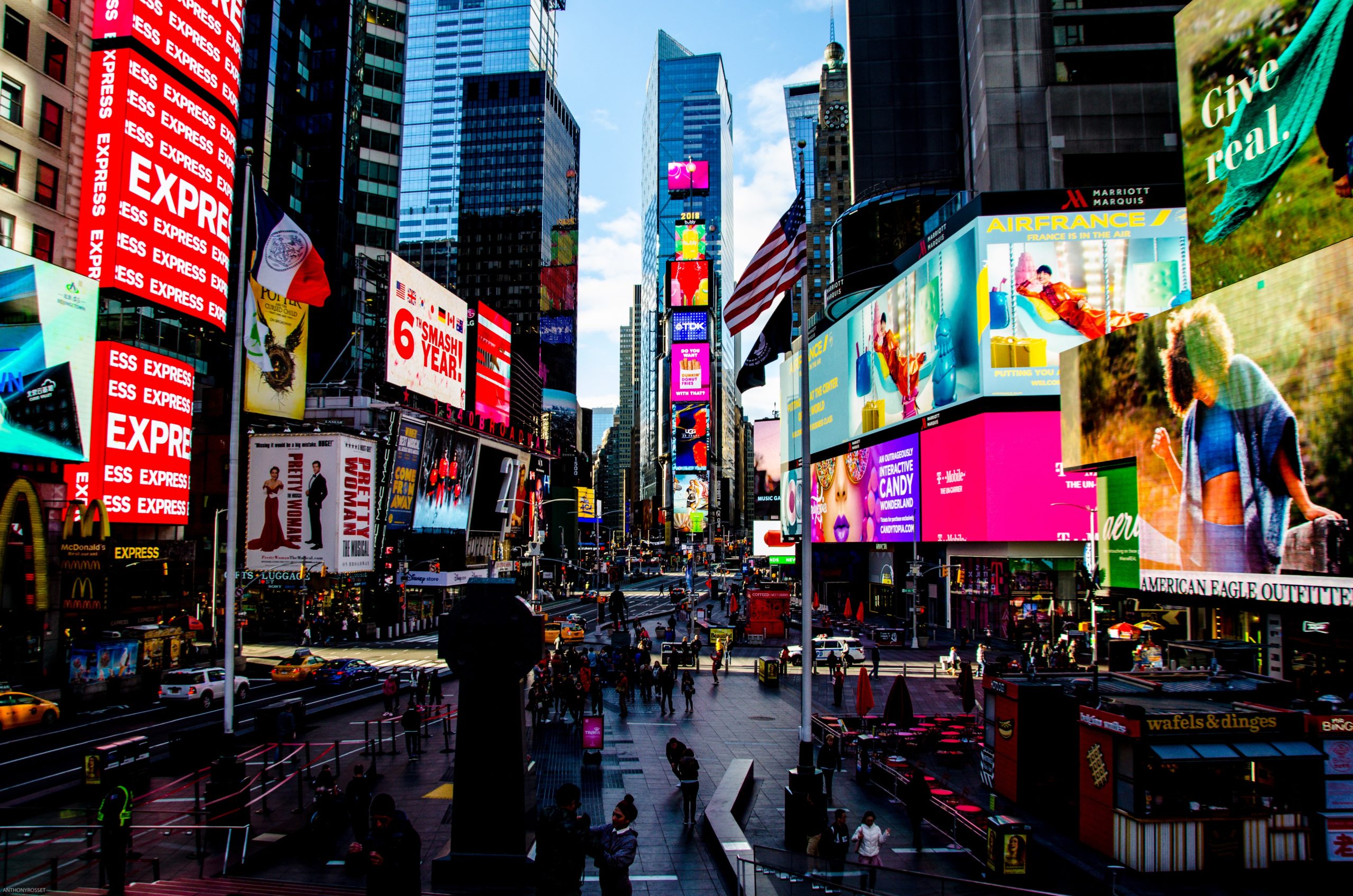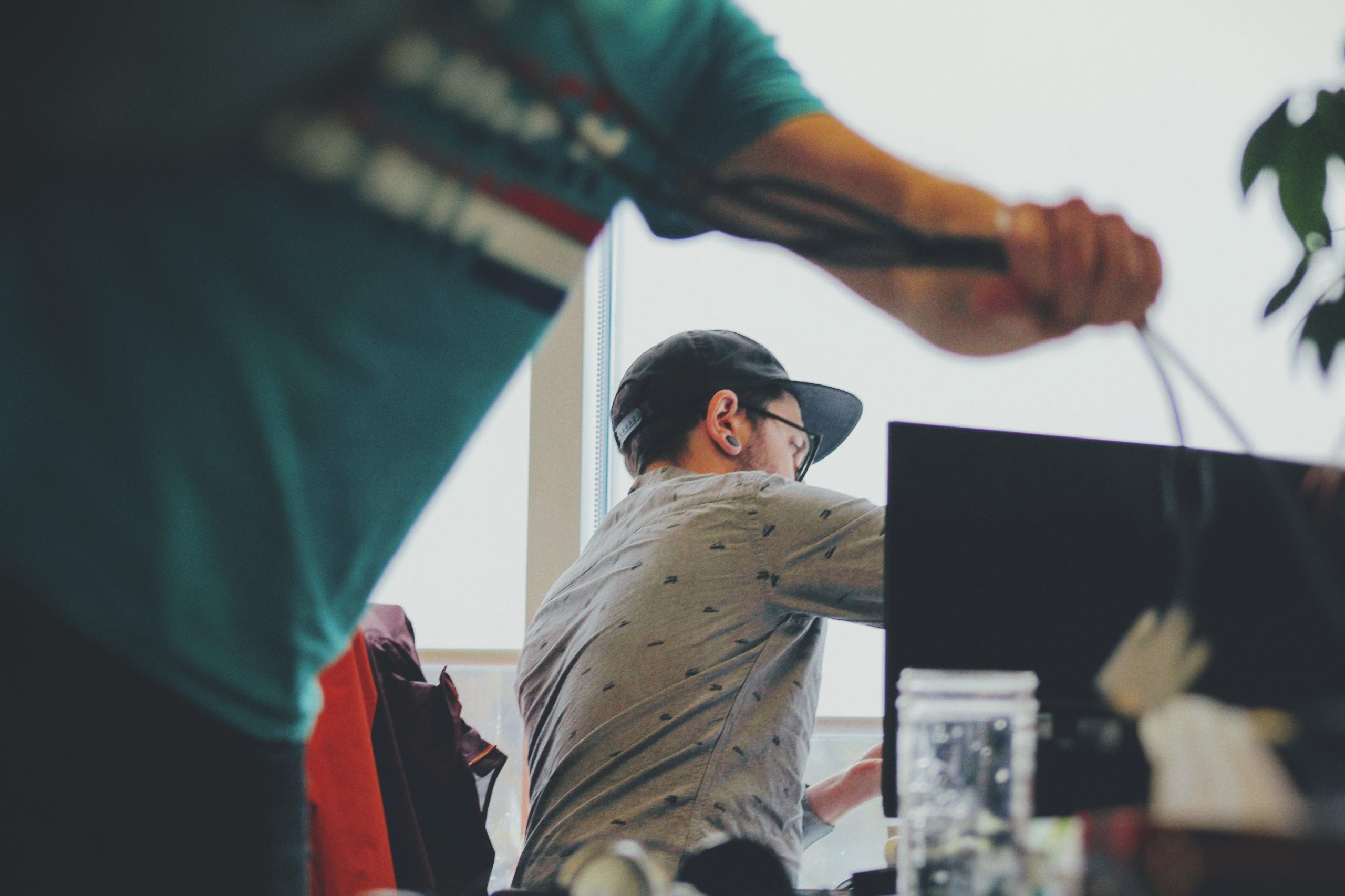
The New Generation of Casual Dress in the Workplace
Take a look into any office today and there will be a noticeable difference in how employees are dressed compared to past decades. Dress code policies in companies today are, without a question, more casual as younger generations enter the workforce. This adds an element of having more leniency, which has been raising a lot of questions for business professionals, as well as those trying to navigate what is and is not appropriate in their workplace.
In the late 1900s, it was unacceptable to show up to work in anything besides a complete suit, ironed to perfection. For women, a business pantsuit or tailored dress with little to no color was the usual. More informal dress began as “casual Fridays” which was seen as a benefit for employees but also built moral between every employee in the office.
Today, we see companies like Google, who claims they have no dress code at all, and employees are free to wear sweatpants if they choose to do so. Many other big companies including Apple and Facebook, have made the switch to a casual dress code. This can include business casual, or even jeans and a generic shirt. Even Wall Street has made the switch to a more casual policy, one that would have never been acceptable in years prior. As technology continues to grow and change the way companies do business, it makes sense to be able to loosen up on the demands of everyday attire. So, what does this mean for our new generations entering the workforce? Are the dress code changes leading to a more lenient and lackadaisical work effort? As a business owner, it is important to assess and decide what type of dress code is effective for your company.
Will allowing employees to wear casual outfits hinder their performance and make them lazier? The opinions of this topic vary greatly and by generation.
There is a common belief that dressing up professionally puts employees into a working and proactive mindset. “You look good, you feel good” is a common phrase that explains that you will perform better and have a better work ethic when you are dressed to impress. Some professionals believe that what kind of work you are doing, depends as well. Assistant professor at Columbia Business School and Author of “The Cognitive Consequences of Formal Clothing” state that casual clothing makes workers think less abstractly and more concretely, useful for completing tasks focusing on details such as writing code or planning a product launch. He says that with a formal dress, workers feel more powerful and ready to tackle higher-level abstract thinking. When thinking of the bigger picture, dressing formally will increase productivity. The new generation has a different approach.
Millennials have grown up seeing Mark Zuckerberg, CEO of Facebook, in a casual t-shirt and jeans and believe this does in no way define your productivity or success. When asking some students at the Business Management building at the University at Buffalo, the overall consensus was that being comfortable leads to being more productive. Students say that when they are not in a stuffy suit, especially in the hot summer, they are more relaxed and can focus on their goals for work. For the women students at UB, comfortable shoe wear is key. “When I wasn’t forced to wear high heels that hurt my feet, I could focus so much better on the presentation I was giving and not how I looked and felt.”
Another benefit of casual dress in the work environment is that employees report that they feel like an important asset within their company. They feel that everyone in their office is a team and that they are not just a level in the hierarchy of their organization. This can lead to removing communication barriers between employees and higher managers within offices. Removing these barriers allows for a better flow of ideas, and can improve attitudes and performance. All these can positively affect the productivity and success of an organization.
On the flip side, casual policies may potentially have a negative effect on the performance of employees. If employees have a more relaxed mindset and laid-back attitude, this could hinder their motivation to complete projects and reach goals within their position. In strict work environments, serious attitudes are crucial in getting work done. There can also be negative effects, depending on the environment you work in. A family friend who I spoke to about this topic works as a funeral director. His opinion was that he feels he needs to always be dressed completely professional at all times. He works with clients and families going through a hard time on an everyday basis. To him and his other employees, proper dress code, including a suit and tie is required. If the dress code was different at his company, his business would be affected negatively. Generally, when working in an industry where you will be meeting with professionals or clients often, professional attire should be necessary. If you are mostly working online, or in an office, where you rarely work with clients or the general public, there can be less restrictions on how you dress.
There are many different opinions to the conversation of whether Millennials are becoming too casual, or if this is a new outlook that can lead to a better work environment for the next generations. It is important to access your clientele, audience and decide how conservative your company is. Decide on what company culture goals are for your brand and for your employees as well. Do employees want to not be distracted by uncomfortable clothing and can work diligently in casual attire? Or do they believe that dressing to impress is a good mentality where they need to look polished and professional at all times? Dress code defines your brand and message to your audience, and it is important to choose wisely what message you want to portray. Once you have reached this decision, it can positively impact your company and its long- term success!
- PR & Marketing Secrets for a Successful Book Launch - March 19, 2019
- The New Generation of Casual Dress in the Workplace - February 19, 2019
- Need to Know Leadership Tips for 2019 - January 11, 2019






